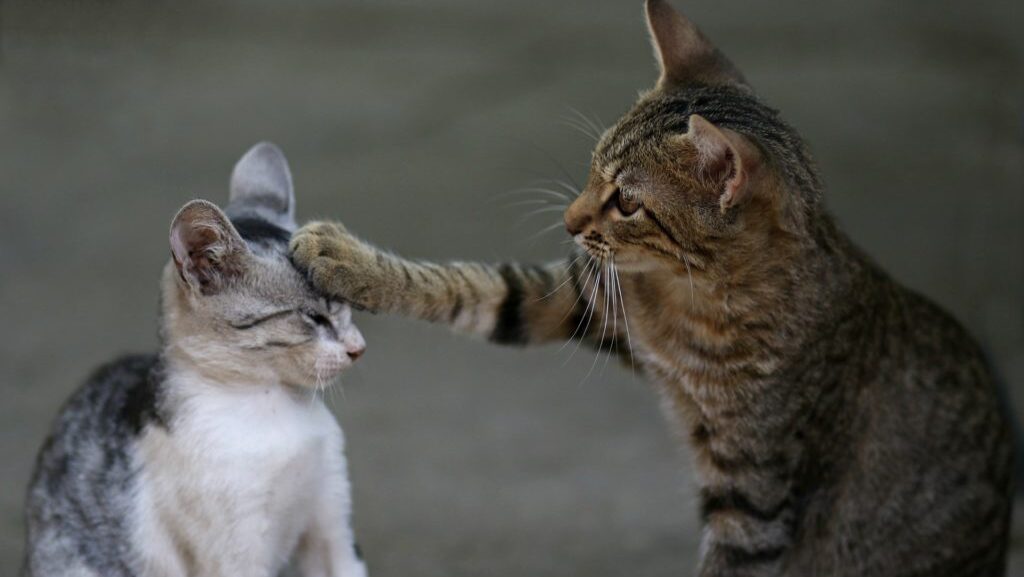I find it troubling that our inclination toward criticizing one another, particularly in familial or committed partnerships, overwhelms our ability to share approval or praise. Perhaps this is due to our cultural indoctrination toward finding fault and placing blame. Our societal proclivity toward antagonism and conflict regrettably surpass our potential for love and empathy. Nevertheless, it remains bewildering as to why we tend to withhold warm affirmations of those closest to us.
In therapy sessions, when clients disclose positive feelings that they felt after a particular experience with their partner, I might ask, “Did you share that with them?” Sadly, this has become a rhetorical question for me to ask. With rare exception, their answer is a bewildering no. I might ask, “Why wouldn’t you want to make them feel good by sharing this with them?” Typically, the answer is a shrug of the shoulders or a surprised, “I don’t know, it doesn’t make sense does it?” After all, why not embrace a positive feeling and spread the good energy?
A vicious cycle of negativity
When the energy of a relationship declines or becomes combative we get stuck in the groove of negativity. It becomes hard to break free from the inertia of hostility. Criticisms, harsh words, cold body language or an inhospitable tone of voice all serve to cement and deepen the adversarial energy.
Yet, there are ample moments in which the relationship can pivot toward a more amicable experience. The opportunities for validating the other are numerous, yet we tend to deflect them as we summon the critical thoughts and feelings that indenture us. And so, we gloss over the exception- the kind thoughts or feelings- that could turn the relationship toward a far better place. This doesn’t serve us or those close to us and we both suffer as a result.
Why aren’t we comfortable sharing praise?
When we are parsimonious in our praise or affirmation of our family, partners or friends, the vitality and well-being of the relationship remains cloaked. And we become constrained by the loveless energy of the relationship. This tendency may be due in part to the senseless win-lose paradigm from which many of us operate. When we keep score of the insults or offenses we’ve endured, we become loathe to be emotionally generous. Our thought might be, “Why should I be kind when they are so mean to me?” This kind of thinking is the core of the problem. It underscores the competitive nature of what should be a loving, compassionate relationship.
If you seek to win the irony is you lose. After all, your goal of winning means the other individual has to lose. How do you think that’ll work out? You’ve restricted yourself to an imprisoning relationship, which assures you both lose. If you really want to succeed, step forward and shift the energy by communicating any good feelings or perceptions you may have. Positive attitude has a ripple effect and should enhance your mutual feelings for one another.
Interested in bespoke marriage and relationship counseling from Mel Schwartz? Reach out!
Embrace your vulnerability and try being kind, compassionate and thoughtful; even forgiving. If you make these efforts and regrettably don’t experience a shift on the other person’s part, at least you’ll know you’ve made your best effort. Select an encouraging feeling, share it and come out of the straitjacket of negativity. The potential of your relationship can be activated in the instant you choose to do so.
More From Mel
Creating Resilient Relationships
Podcast 073: Your Best Chance at a Successful Marriage
The Possibility Principle: How Quantum Physics Can Improve the Way You Think, Live and Love





My marriage is dying and I’m the cause. I know I have self esteem issues and it has already hurt my wife. I’m begging her to stay, and sure she will. How can I fix this negativity that dominates my life? Does anyone know what can help me before my marriage is over?
Michael,
have you tried therapy?